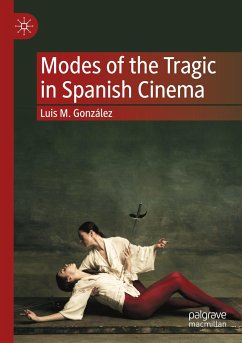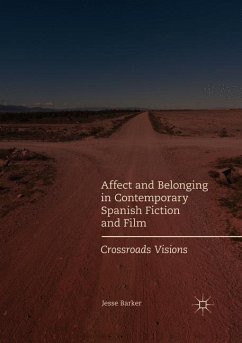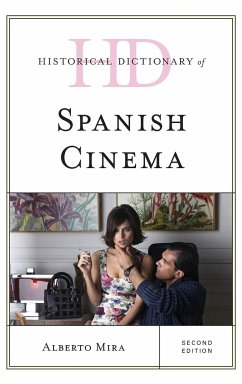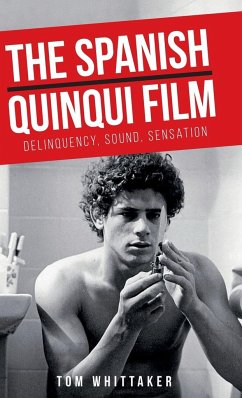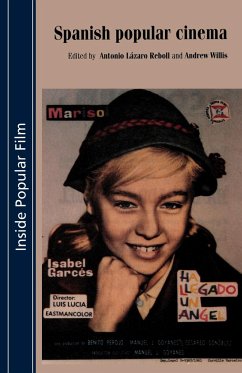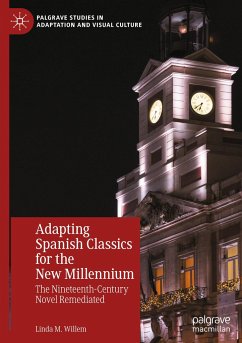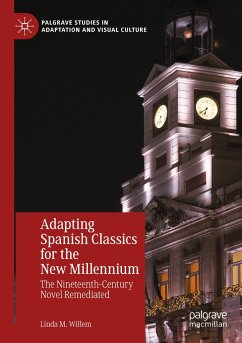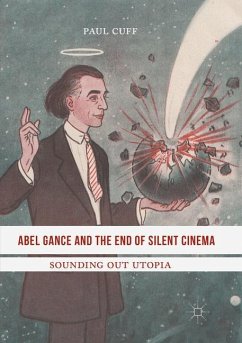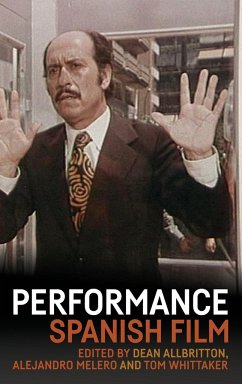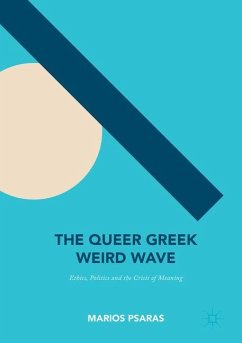
Modes of the Tragic in Spanish Cinema
Versandkostenfrei!
Versandfertig in 6-10 Tagen
83,99 €
inkl. MwSt.
Weitere Ausgaben:

PAYBACK Punkte
42 °P sammeln!
This book focuses on expressions of the tragic in Spanish cinema. Its main premise is that elements from the classical and modern tragic tradition persist and permeate many of the cultural works created in Spain, especially the films on which the book centers this study. The inscrutability and indolence of the gods, the mutability of fortune, the recurrent narratives of fall and redemption, the unavoidable clash between ethical forces, the tension between free will and fate, the violent resolution of both internal and external conflicts, and the overwhelming feelings of guilt that haunt the tr...
This book focuses on expressions of the tragic in Spanish cinema. Its main premise is that elements from the classical and modern tragic tradition persist and permeate many of the cultural works created in Spain, especially the films on which the book centers this study. The inscrutability and indolence of the gods, the mutability of fortune, the recurrent narratives of fall and redemption, the unavoidable clash between ethical forces, the tension between free will and fate, the violent resolution of both internal and external conflicts, and the overwhelming feelings of guilt that haunt the tragic heroine/hero are consistent aspects that traverse Spanish cinema as a response to universal queries about human suffering and death.





